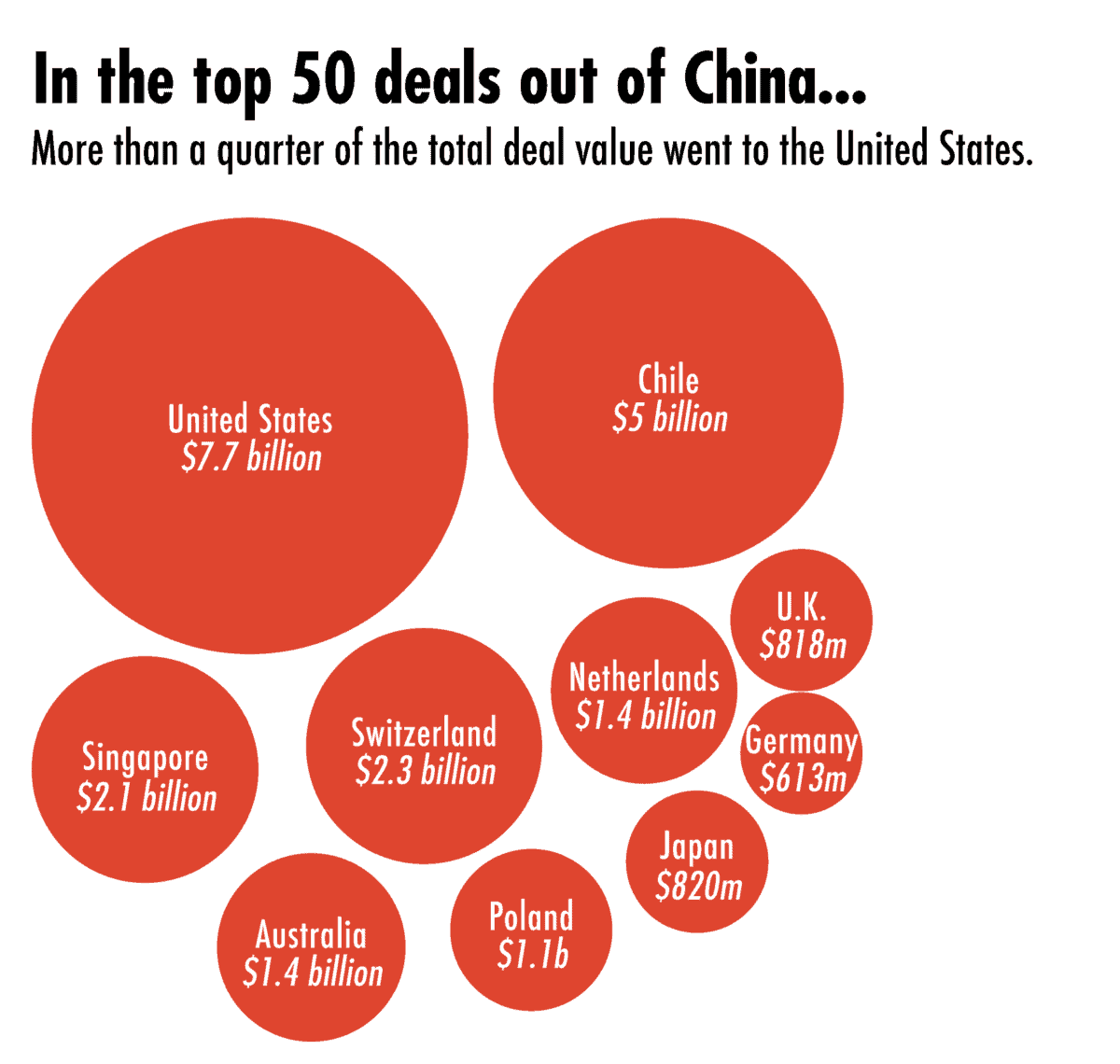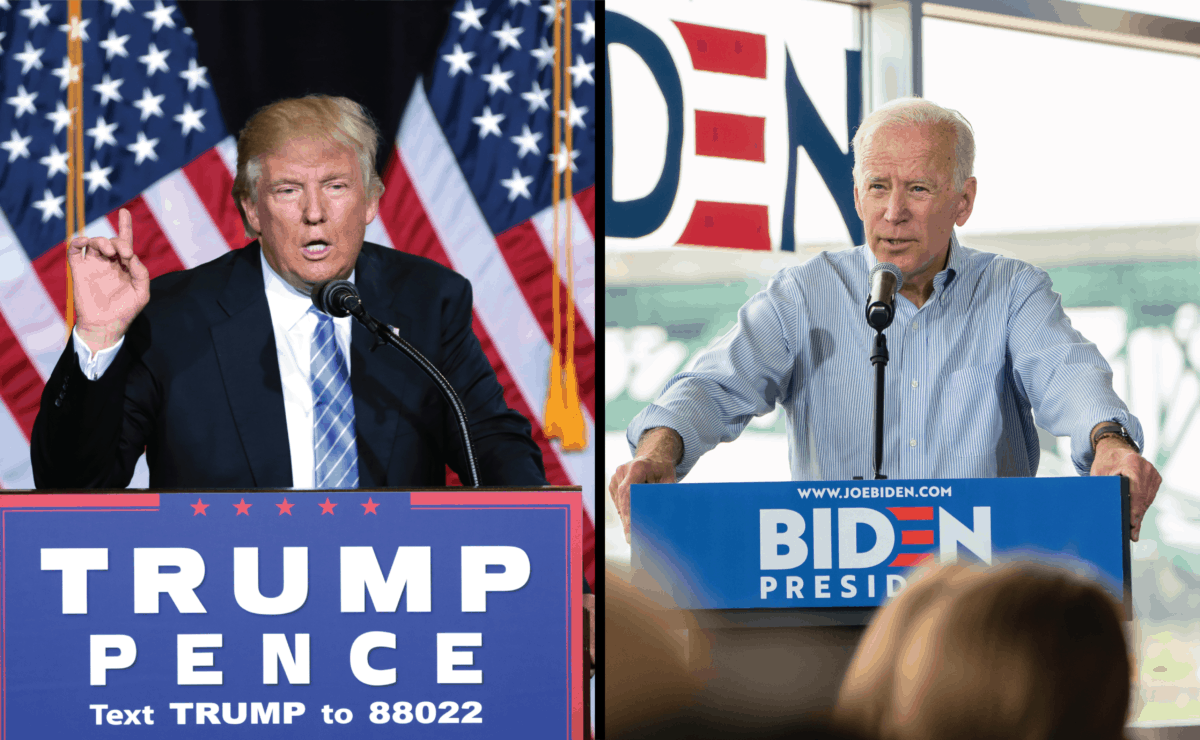Good evening. Have you heard about News Break? It’s the hot new news app. But with roots in China — and in the wake of controversies like TikTok’s — it’s now raising some eyebrows. This week’s cover story looks into the app’s history as well as China’s role in the global news ecosystem. Elsewhere, we have an interview with Roger Garside about leadership change in Beijing; infographics about the top cross-border M&A deals in 2020; an op-ed about how modern technology is affecting the China debate in the U.S.; and an op-ed about how China’s persistent gender imbalance affects its economy. If you’re not already a paid subscriber to The Wire, please sign up here.
Want this emailed directly to your inbox? Sign up to receive our free newsletter.

Whose News?
News Break is one of the hottest new apps in the United States: with a focus on local news, the news aggregation service has raised a ton of money and beaten out traditional names like CNN and Fox News in the app stores. But with roots in China, is the self-proclaimed hyper local outlet really immune from CCP influence? This week, Didi Kirsten Tatlow looks into the Chinese companies connected to the app as well as the broader context of China’s global propaganda push.

The Big Picture: A Year of Little Merging
China’s overseas acquisitions tanked in 2020. Where did its companies still choose to invest? This week, The Wire’s infographics examines the top cross-border M&A deals in 2020 to see what they might reveal about China’s FDI dip, and the potential for a recovery this year and beyond.
A Q&A with Roger Garside

Roger Garside is a former British diplomat who twice served in the British embassy in Beijing in the 1960s and 1970s. He is the author of the acclaimed book, Coming Alive: China After Mao, and his new book, China Coup, is partly a fictionalized account of how a plot to unseat Xi Jinping could unfold; and partly an analysis of why such a coup could happen. In this week’s interview with David Barboza, he talks about why the U.S. and its allies need to put greater pressure on China to encourage a leadership change.
Roger Garside
Illustration by Lauren Crow

Credit: Gage Skidmore, Creative Commons (left); Adam Schultz/Biden for President, Creative Commons (right)
What Explains America’s Antagonism Toward China?
In the last few years, the view of China as a strategic rival has taken over the American political mainstream, with leaders largely choosing confrontation over cooperation. Two features of this shift stand out: how quickly it occurred, and the extent to which Americans — and their leaders — have united behind it. This week, Zhang Jun Dean of the School of Economics at Fudan University, argues the U.S. needs to look more closely at how modern technology is shaping the debate.

Credit: Thomas Galvez, Creative Commons
Sex and the Chinese Economy
As the Chinese government has started to worry about the country’s low population growth, it has progressively relaxed its family-planning policy. Policymakers should now go further, writes Shang-Jin Wei, a former chief economist at the Asian Development Bank, and provide a significant financial reward to parents of baby girls. A more balanced sex ratio, he argues, will lessen the need for many Chinese households to sacrifice current consumption for higher savings, and foster safer working environments.
Subscribe today for unlimited access, starting at only $19 a month.



